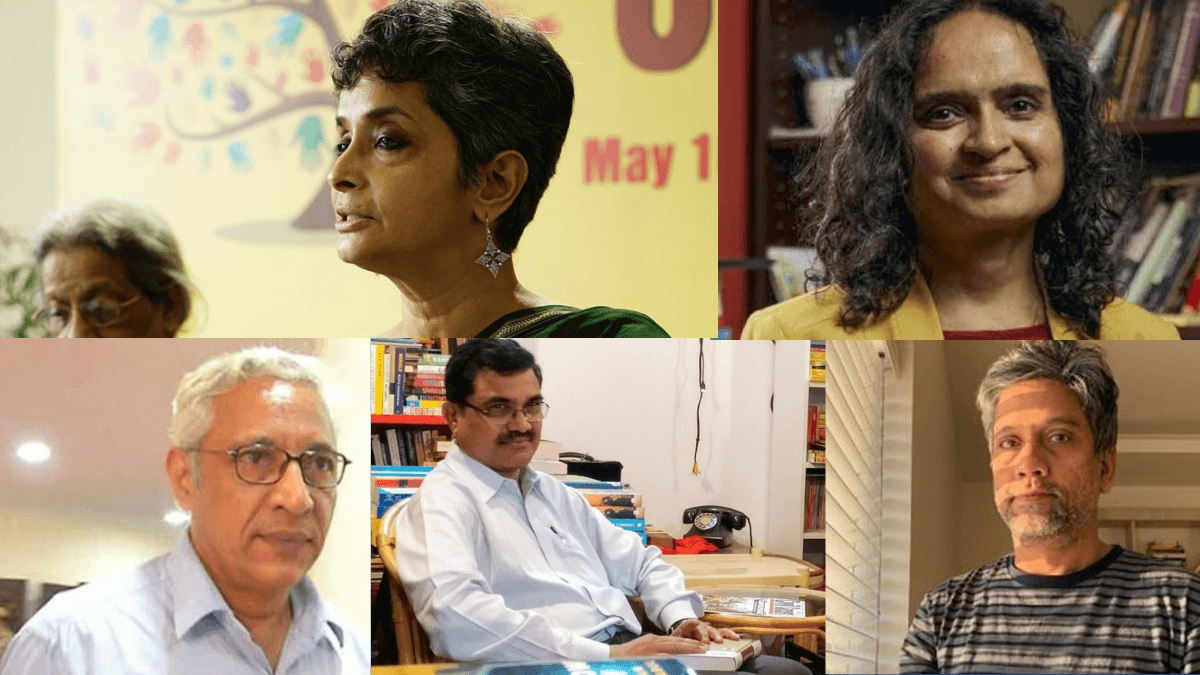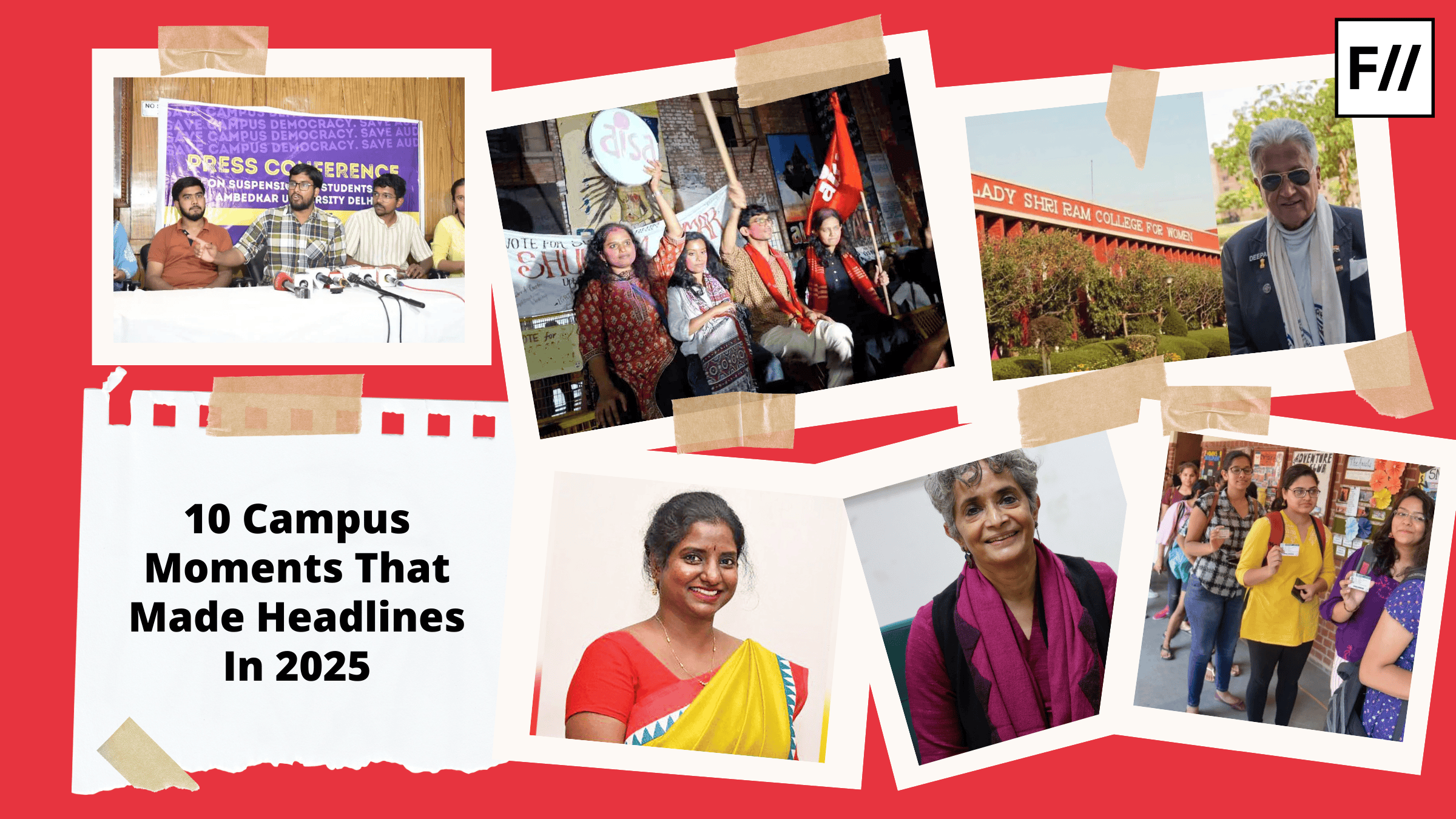Academic freedom has become a contested term in contemporary Higher Education in India. While the spaces of universities have always been political, the current trend is best described as Saffronisation. Political interference in the recruitment process of faculty has become a persistent problem hindering the scope of research. A curb on critical voices seems in place to evoke a culture of self-censorship.
With under-resourced departments, unqualified party loyalists as Vice Chancellors, reduction in doctoral and permanent positions, the Indian Academia continues to suffer the wrongs of a regime change. While the spaces continue to be dystopian for young researchers many names have politicised the field of research in humanities and social sciences in India carving a niche for more radical proposals. This list includes five such researchers and professors who have transformed higher education through theory or praxis towards an inclusive model of academia.
1. Dr. Shailaja Paik
Dr Shailaja Paik is one of the recipients of the MacArthur “genius” Fellowship 2024 and an associate professor at the University of Cincinnati. Her scholarship includes a focus on the lived experiences of Dalit women, gender and feminism, caste, race, human rights and oral history. Her research focuses on how different forms of marginalisation form solidarity. While writing the history of caste from the perspective of a Dalit woman she focuses on the travel theatre, Tamasha. Her methodology is an Ambedkar-centered historiography. Her study reveals how Tamasha created a juxtapositioned space which emerged through the conflict over caste, gender, sexuality, and culture.
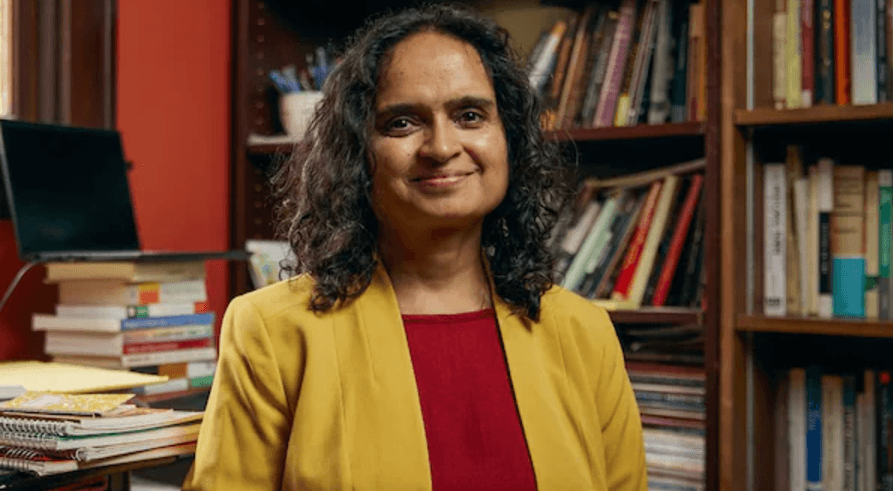
In a BBC interview, Paik said “I will use the fellowship to continue my research, writing and work with my cohort fellows in creating new opportunities to work for social justice.” While lived experiences are the basis of the research, its outcome is a reform through theory.
2. Dr. Ravindran Gopinath
Gopinath is a professor in the Department of History, Jamia Millia Islamia, New Delhi. Known for his radical praxis in campus spaces, Gopinath has been a staunch supporter of academic freedom, inclusive education and the rights of the marginalised communities in campus spaces.
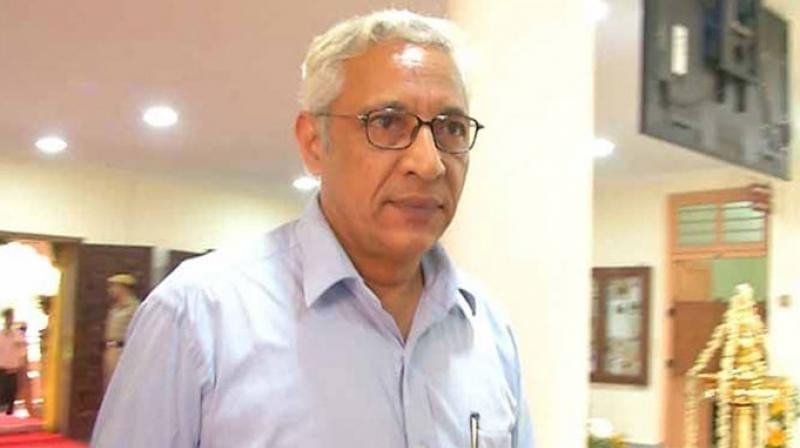
While his research and publications focus on Agrarian Economy, historical demography and historiography it is his free voicing against the imposition of self-censorship on issues like CAA-NRC, the genocide in Palestine, etc. that he is celebrated for.
3. Nivedita Menon
Menon is a Professor at the Centre for Comparative Politics & Political Theory, School of International Studies Jawaharlal Nehru University, New Delhi. She has been teaching since 1987 and had many acclaimed publications in her name including Seeing Like a Feminist, Sexualities, Recovering Subversions and her latest book Secularism as Misdirection. Menon can be seen at several protest sites discussing the nuances of power and resilience and extending solidarity to sites that display strength through their critique.
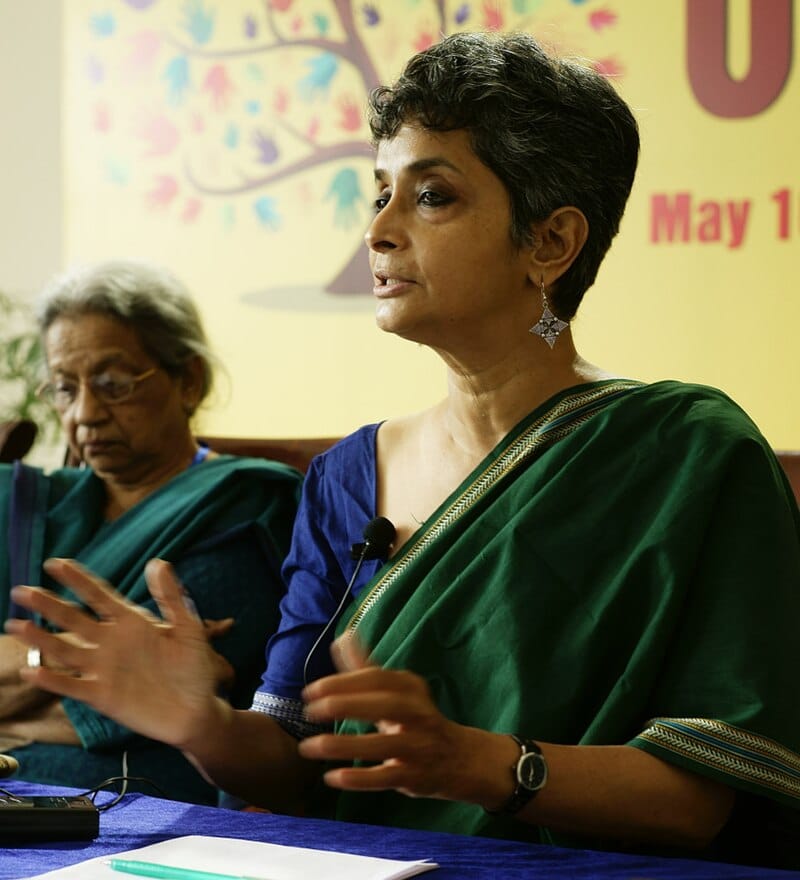
Menon has attracted news headlines after the student protest of 2016 (against the termination of Rohith Vemula from the University of Hyderabad) in Delhi. Her classroom space is known for its rigorous reading lists and thought-provoking discussions. Close to retiring, she has been outspoken about the rights of the marginalised throughout her career inspiring research and praxis around the lived experiences of those who are dwelling on in the periphery.
4. Hany Babu
Hany Babu Musaliyarveettil Tharayil it’s an anti-caste scholar and a Professor of linguistics at the University of Delhi. He was incarcerated under the draconian Unlawful Activities Prevention Act in the Bhima Koregaon Case. He had been a vocal advocate for making higher education a more inclusive space for Dalit and Bahujan. He has been associated with the Alliance of Social Justice, the Defense Committee for GN Saibaba and the Joint Action Front for Democratic Education.
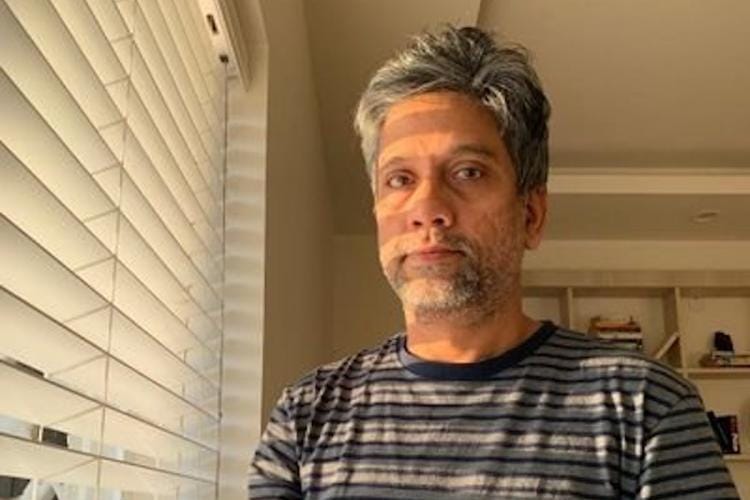
Through rigorous data collection, he has revealed the difference that exists between the seats reserved for OBC students and those allocated. He has actively protested to make the syllabi more inclusive and to ensure proper implementations of reservations for OBC students at DU. His contribution is also evident in the space of the Delhi University Student Union where he has drafted the rules for election to ensure representation of the marginalised communities.
He had been focusing on the Ambedkarite trinity of education, organisation, and agitation throughout his career.
5. Anand Teltumbde
Anand Teltumbde is another undertrial Professor and activist who has been a renowned research scholar in the field of Dalit studies. His corpus includes The Persistence of Caste, Khairlanji, Iconoclast, Dalits: Pasts, Presents and Futures, and Mahad: The Making of the First Dalit Revolt. His arguments were fearlessly backed by data which seamlessly blended with his anti-caste themes.
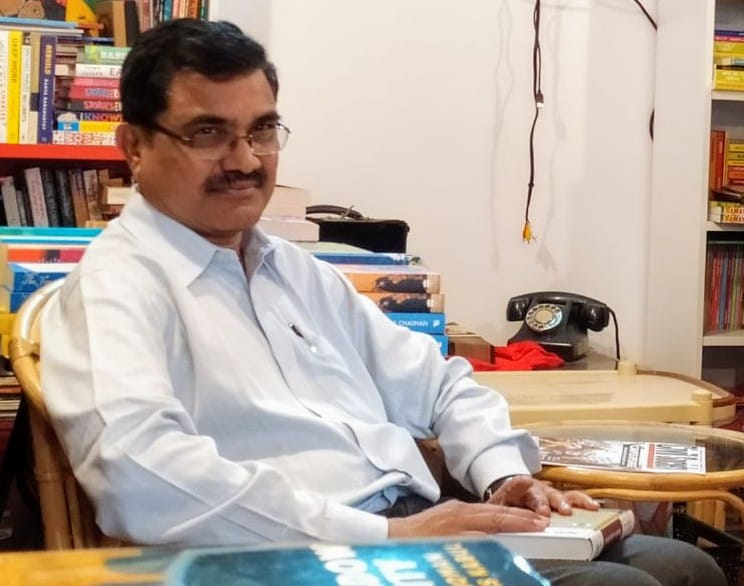
His essays and works constantly pushed the fact that atrocities on Dalits, especially Dalit Women were the cause of neoliberal policies which were often clubbed with Hindutva. His scholarly texts on Dalit identity constantly reinforced the reality that Caste is.
These names are only a few in the repository of names who continue to make theory and praxis connected in an era of self-censorship; and continue to ensure that free speech prevails even when the thought is a crime.
This is by no means an exhaustive or representative list. Suggestions to add to this listicle are welcome in the comments section.
About the author(s)
Anchal is a writer, poet and spoken word artist based in New Delhi. Her works have been published on various platforms, including Enroute Indian History Blogs, Indian Review E-Journal and department and annual magazines of Miranda House, Kirori Mal College and Gargi College. Currently, she is pursuing an MA in English at Jawaharlal Nehru University, New Delhi and loitering around the city.
